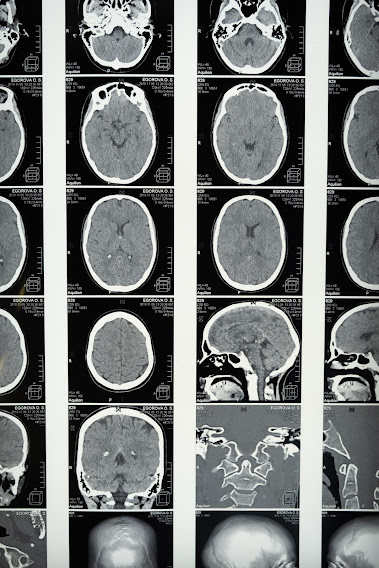HOW TO LEAVE ALCOHOL
Making the choice to stop drinking alcohol can be a big step in the right direction for leading a healthier lifestyle. To aid you on your trip, consider the following actions:
1.Clarify your objective: Explain your motivation for quitting drinking. Identify the advantages it will bring to your life, such as enhanced physical or mental health, increased communication or relationships, or personal development. You'll be more likely to stick with something if your motivation is high.
2.Draught a plan: Make a thorough plan for quitting drinking. Choose a certain day to begin, and think about cutting back on alcohol consumption gradually in the build up to that date. Develop alternative coping techniques for handling stress or emotions, as well as strategies to avoid triggers.
3.Find support: Discuss your choice with those who will be supportive, such as family, friends, or a support group. Being around by supportive people can help with accountability, understanding, and encouragement. If you require more advice, take into account joining organisations like Alcoholics Anonymous (AA) or contacting a counsellor.
4.Get rid of any alcohol in your home to lessen temptation and eliminate alcohol cues. Eliminate any relics of drinking from your environment, such as empty bottles or paraphernalia. Avoid going out with people where alcohol is the major topic until you are more convinced that you can resist it.
5.Look for more wholesome options: Find other pursuits or pastimes to devote the time and effort you once devoted to drinking. Exercise, pursue a hobby, read a book, spend time with loved ones, or discover a new passion. You can use these substitutes to fill the vacuum that alcohol has left behind.
6.Ensure your own wellbeing. Set self-care as a top priority to address any underlying concerns that may have caused you to drink. Concentrate on developing healthy habits like regular exercise, a balanced diet, and enough sleep. Use relaxation techniques to control your stress, such as meditation, deep breathing exercises, or relaxing activities.
7.Remain optimistic and strong; understand that giving up alcohol is a journey, and setbacks may happen. Be gentle with yourself if you make a mistake. Consolidate your commitment and create better coping mechanisms by learning from the experience and using it as a springboard.
8.Professional assistance: If you have trouble quitting drinking on your own or experience severe withdrawal symptoms, you might want to consider getting professional assistance. Consult a healthcare professional or addiction specialist who can assist you in the process and offer the assistance you require.
9.Always keep in mind that giving up alcohol is a personal decision and that everyone has a different path. Keep working towards your goals, ask for help when you need it, and be proud of the progress you achieve.
Always keep in mind that giving up alcohol is a personal decision and that everyone has a different path. Keep working towards your goals, ask for help when you need it, and be proud of the progress you achieve.




🤘🤘
ReplyDelete